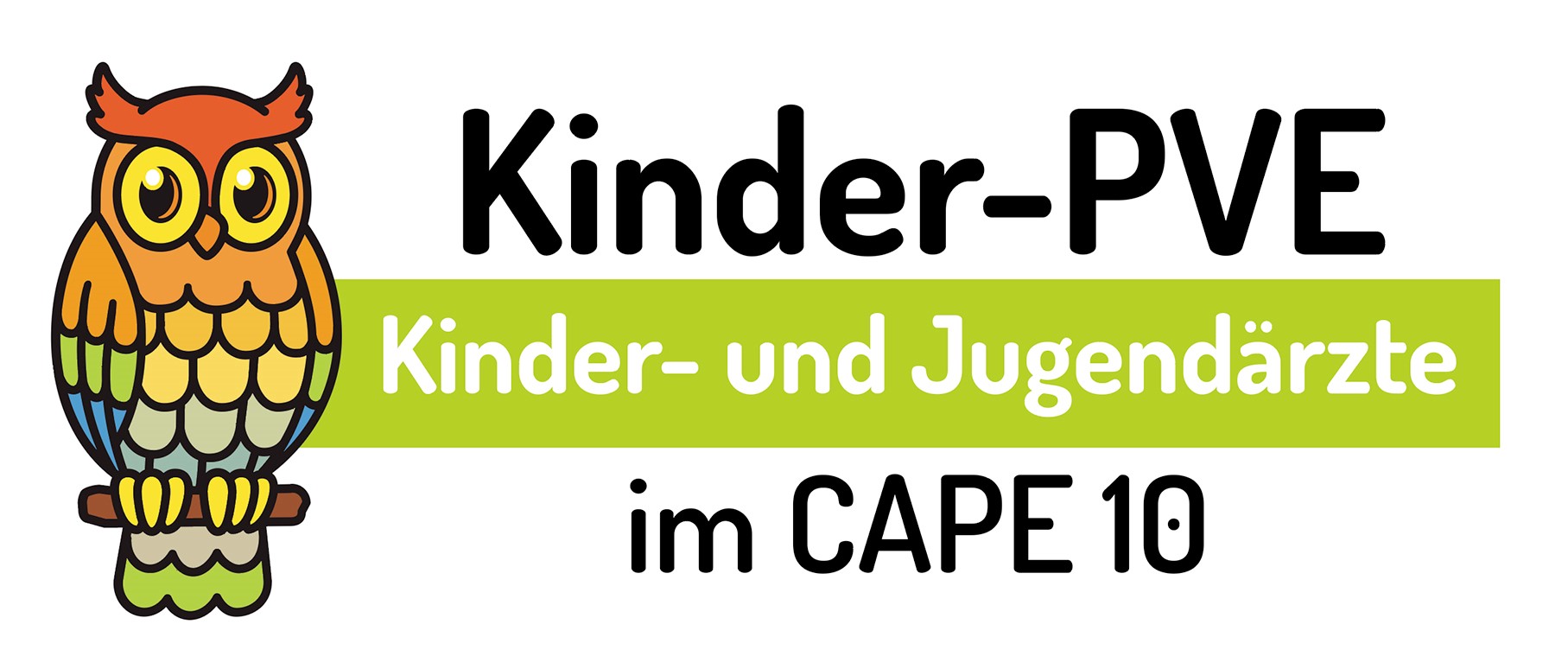The family Mediterranean fever
Familial Mediterranean fever (FMF) is a periodic fever syndrome often associated with severe abdominal pain. Less commonly, chest pain, joint pain or skin rashes also occur. It mainly affects people of Mediterranean descent (such as Sephardic Jews, North African Arabs, Armenians, Greeks, Italians and Turks).
Up to 50 % of patients affected by familial Mediterranean fever have relatives, usually siblings, who also carry the disease, i.e. the specific genetic defect.
Symptoms
Approximately 95% of patients experience episodes of abdominal pain and high fever (up to 40°C) at irregular intervals. These very painful symptoms usually last 24 to 72 hours, sometimes longer. The frequency of occurrence varies: the attacks may recur as often as twice a week in very severe cases, or as often as once a year. The severity and frequency of the attacks may decrease with age or during pregnancy. Sometimes the episodes stop completely for several years, only to start again.
The most feared complication is the development of a Amyloidosis of the kidneys, which, if left untreated, leads to renal failure in young adulthood.
Therapy
Taking colchicine orally every day can stop or significantly reduce the number of painful relapses in about 85 percent of people with the disease. This greatly reduces the risk of kidney failure due to amyloidosis. In pregnant women, colchicine prevents relapses that can lead to miscarriage. The therapy must be carried out throughout life, since after discontinuation the risk of amyloidosis increases again.
Ibuprofen or paracetamol can be given for pain and fever.
If the patient does not respond to colchicine, biologics (canakinumab, anakinra) may help. These drugs modify the functioning of the immune system and weaken inflammation.
With consistent therapy and regular medical check-ups, a normal life with normal life expectancy is possible.



